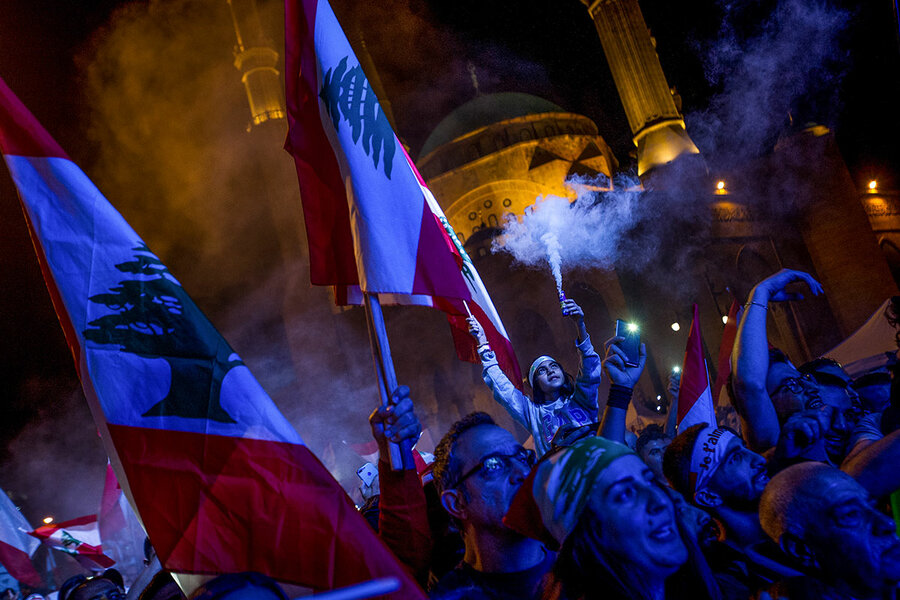
by famagusta-gazette.com — Lebanon is unlikely to form a new cabinet very soon, given a deeply divided political landscape shown in the parliamentary elections in May and under the influence of multiple external factors, said experts. “Amid the current steep divisions, I believe we won’t be seeing a new cabinet in Lebanon and the caretaker government of Prime Minister (Najib) Mikati will stay until we elect a new president for the republic by the end of October, which may also be a very difficult task in the light of the current complicated scene,” political analyst Amin Kammouriye told Xinhua. Soon after Mikati was re-appointed as Lebanon’s prime minister-designate by the president on June 23 following binding consultations with parliament members, he vowed to form a cabinet capable of assuming its full duties and responsibilities.
Mikati, who was appointed for a fourth time with 54 votes from the 128-member parliament, should govern in the run-up to the presidential election in the autumn and rally various parties to put aside differences for Lebanon’s reforms. However, Kammouriye said, Mikati’s premiership was secured by the lowest number of votes for any prime minister in Lebanon ever since 1990, a reflection of the new make-up of the parliament as the Iran-backed Shiite movement Hezbollah and its allies lost their majority in May elections. During the elections, the Free Patriotic Movement, a major Hezbollah ally led by the president’s son-in-law Gebran Bassil, also lost its position as the largest Christian bloc in the parliament. Kammouriye also noted the rifts between Mikati and Bassil over key ministerial portfolios. As the end of President Michel Aoun’s presidential term is imminent, Bassil aims to appoint his supporters in key public institutions to ensure his party’s control of key posts, the political analyst explained.
Rafic Nasrallah, director of the Lebanese International Center for Media and Research, told Xinhua that he has so far not seen any real intermediations to end the conflict between Mikati and Bassil to facilitate cabinet formation. However, internal disagreement is not the only factor impacting government formation, according to Nasrallah. “In my opinion, we need to see a U.S.-Saudi-Iranian agreement on Lebanon which would facilitate government formation and the election of a new president in the country,” he said.
Nasrallah believe that the international community must agree on solutions to different issues in Lebanon, including the gas dispute with Israel and the Syrian refugees crisis, which would influence the formation of a Lebanese cabinet in the lead-up to the end of Aoun’s presidential term in October. “We will see more collapse and misery,” he said, referring to the potentially disastrous repercussions of the delayed government formation for Lebanon. Lebanon is facing the worst financial crisis in its history with a public debt hovering over 98 billion U.S. dollars. Last year, Lebanon did not repay a 1.2 billion-dollar Eurobond, the first sovereign default in the country’s history.
The country has slipped toward an economic abyss and its currency has lost over 90 percent of its value. Lebanon has already started negotiating with the International Monetary Fund (IMF) but it has so far failed to implement necessary reforms to unlock billions of dollars in aid, which necessitates the formation of a new cabinet capable of assuming its full responsibilities in this regard. “If we do not form an imminent government capable of reforms, the collapse will be faster, and we may witness social chaos amid a shortage of necessities including bread, water and electricity,” Kammouriye said. “We need a government to pass necessary legislation and accelerate a deal with the IMF,” he added. ■



